A Beginners Guide To Gardening
One way to save money is by gardening. Gardening can be a great way to get outdoors and enjoy the fresh air while also getting some exercise. You can grow your own fruits, vegetables, and herbs which can save you money at the grocery store. Gardening can also be a great way to relax and de-stress. If you are new to gardening, here are a few tips to get started.
First, you will need to choose a spot for your garden. You will need to find a spot that gets enough sunlight and has good drainage. Once you have found the perfect spot, you will need to prepare the soil. You can do this by adding compost or manure to the soil to help improve fertility. Then, you will need to decide what you want to grow in your garden.
Why gardening is beneficial
There are many benefits to gardening, including reducing stress, improving mental health, and providing fresh air and exercise. Gardening can be a very therapeutic activity, and it has been shown to reduce levels of the stress hormone cortisol. Studies have also shown that gardening can improve mental health by reducing anxiety and depression. Furthermore, gardening can provide fresh air and exercise, which are both important for physical health.
What you need to get started
You don’t need much to get started gardening. A few supplies and some basic knowledge is all you need to start growing your garding own flowers.
To start, you’ll need a few things: seeds, soil, water, and sunlight. You can find seeds at your local hardware or gardening store, or even online. Once you have your seeds, you’ll need a place to plant them. If you’re starting small, a pot or container will do. Just make sure it has drainage holes so the excess water can escape. Fill your pot with soil, then wet it until it’s damp but not soggy. Plant your seeds according to the instructions on the packet, then place the pot in a sunny spot. Water regularly, and in a few weeks you should see sprouts!
If you have more space, you can plant directly in the ground.
Choose the right location
Assuming you would like tips on choosing the right location for your garden, there are a few key factors to consider. First, think about how much sunlight the space gets throughout the day. Garden plants typically need six to eight hours of direct sunlight, so a spot that is mostly shaded won’t be ideal. Second, take into account the size of the space you have to work with. If you have a small backyard, you probably won’t be able to accommodate a sprawling vegetable garden. Third, consider your soil. Ideally, you want rich, loamy soil that drains well. If your soil is heavy and clay-like, you may need to amend it with compost or other organic matter before planting. Lastly, think about water access.
Caring for your plants
Most plants need regular watering, especially when they are first getting established. The key to watering is to give the plant enough water so that the root system can become established, but not so much that the plant drowns or the roots rot. A good way to water your plants is to use a soaker hose or drip irrigation.
Fertilising your plants is also important for keeping them healthy. There are many different types of fertiliser available, so it is important to read the labels and choose one that is appropriate for the type of plants you are growing. Over-fertilizing can be just as harmful as under-fertilising, so it is important to follow the directions on the fertiliser label.
In addition to watering and fertilising, your plants will also need some basic care such as pruning and deadheading.
Dealing with pests
There are a number of natural solutions to keeping your garden healthy. Dealing with pests is one of them. You can use a number of different methods to keep pests out of your garden, including using deterrents, traps, and barriers.
Deterrents include things like strong-smelling plants, which can discourage pests from entering your garden in the first place. Traps can be used to capture pests that have already made their way into your garden. And barriers can be used to physically block pests from getting to your plants.
Which method you use will depend on the type of pest you’re dealing with. But whichever method you choose, always remember that prevention is key when it comes to keeping your garden healthy and pest-free.
Harvesting your bounty
Harvesting your bounty is one of the most rewarding aspects of gardening. Here are a few tips to help you get the most out of your harvest:
- Timing is everything. Depending on the crop, you’ll want to harvest at just the right time. If you harvest too early, the fruits or vegetables may not be fully developed and won’t taste as good. But if you wait too long, they may over mature and start to spoil.
- Check for pests. Before you start harvesting, take a look for any pests or diseases that may have infiltrated your crops. These can ruin your bounty, so it’s best to remove them before they have a chance to do any damage.
- Be gentle. Once you’ve picked your fruits or vegetables, handle them gently so as not to bruise them.
Conclusion
When it comes to gardening, there is no right or wrong way to do it. It is a hobby that can be enjoyed by everyone, regardless of experience level. Whether you are just getting started or you have been gardening for years, the most important thing is to have fun and enjoy the process.
Gardening can be a great way to relax and de-stress. It is also a great way to get exercise and fresh air. And, of course, it is a great way to produce fresh, healthy food for your family.
If you are new to gardening, there are plenty of resources available to help you get started. There are also many experienced gardeners who are happy to share their knowledge with beginners. So don’t be afraid to ask questions and learn as much as you can.
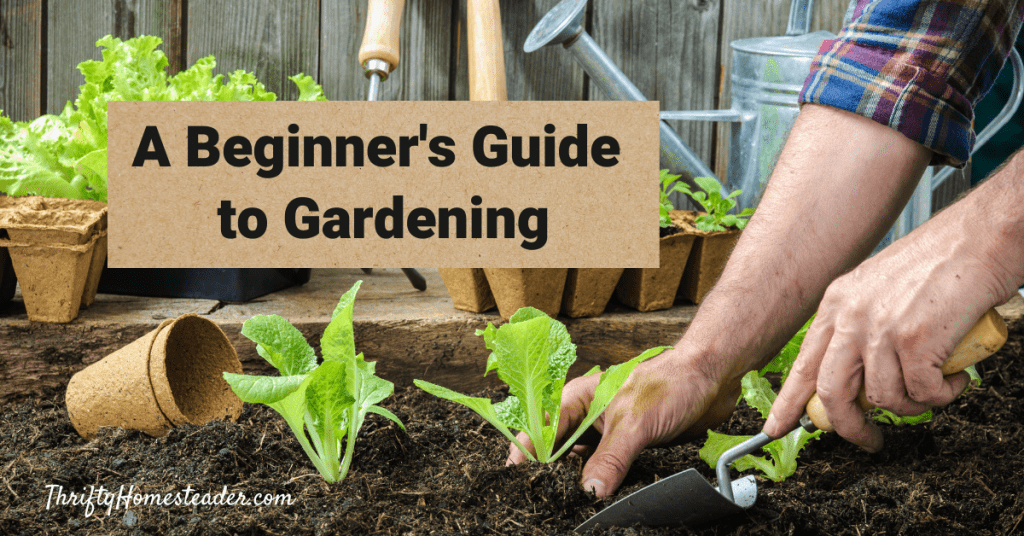
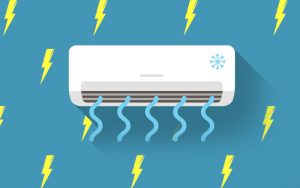
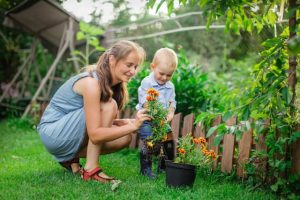
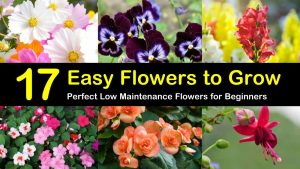
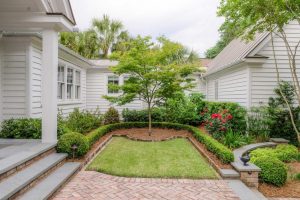

Be First to Comment